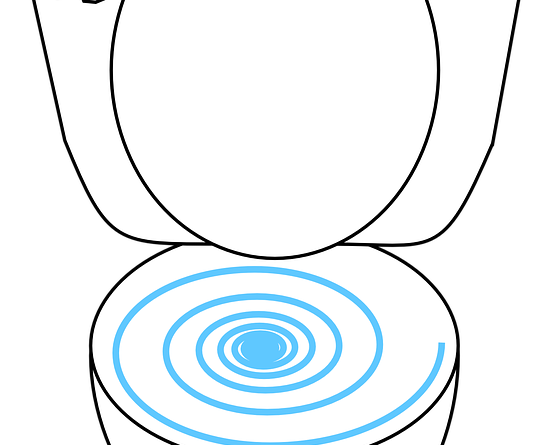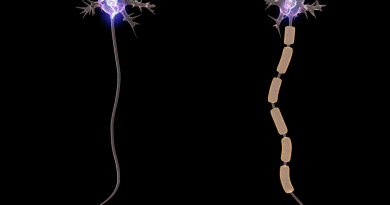Bubbly Urine and Diabetes – Understanding the Connection
Diagnosing diabetes is most often not difficult. Some of the common signs include polyphagia (increased hunger), sugar leak in urine, polyuria (frequent urination), polydipsia (increased thirst) etc. Many people have a notion that foamy or bubbly urine is also a symptom of diabetes. Basically, there is confusion in this regard as there is no clear evidence on this matter. Noticing bubbles in the urine can be quite disturbing matter for anyone, who has not seen something like this before. If this happens for a day or two and stops on its own, nothing to worry. But if it persists, it is certainly a matter of concern. In such a situation, it is best to consult a general physician and undergo a thorough checkup so that the problem can be identified and treated in the best manner.
Connection of bubbly urine and diabetes
Urine of diabetic patients contains sugar. This can be one reason for the formation of bubbles in the urine. In other words, bubbly urine could be an indication of renal damage and high blood sugar is mainly responsible for renal problems and damage in the long run. The medical term for the condition is known as proteinuria. Patients suffering from proteinuria will find bubbles in their urine, which do not just go away. The kidney struggles to carry out filtration due to high blood sugar levels and this leads to the formation of bubbles in the urine. The urine will contain high quantities of sugar and proteins and thus become frothy. The condition of excessive protein in the urine is known as albuminuria. But bubbly urine is not limited to just diabetes. There might be many other conditions that might contribute to the problem.
Other conditions that might cause bubbly urine
There are many health conditions which can lead to the formation of bubbly urine. Some of such conditions are as follows:
Delayed urination or urinating after a long time
You might not get proper place for urination all the time, particularly if you are on the go. Holding back the urge of urination might lead to formation of bubbly urine. This happens because without urinating, the pressure on the urinary bladder keeps on increasing. While urinating after the long wait, the bladder applies more force to expel the urine and this might lead to the formation of bubbles in the urine. Usually the bubbles disappear quickly and it is not a matter of worry at all.
Pregnancy
During pregnancy, there is massive change in a woman’s body, physically, emotionally, psychologically and biologically. The hormone levels in the body remain disturbed and hence minor issues are observed now and then. During pregnancy, the functioning of kidneys in women might see subtle changes. The kidneys can be inflamed slightly along with the passages and filters associated with the same. glomerulus plays a pivotal role in filtering blood and ensures that useful components remain in the bloodstream and don’t get expelled in the form of urine. When the glomerulus is enlarged, protein can pass through the urine and this can cause bubbly urine.
Dehydration
Dehydration can also be the culprit behind bubbles in the urine. When the body is dehydrated, it leads to concentrated urine with a buildup of various substances and chemicals. All these together might lead to the formation of bubbles in the urine. Dehydration will also make the urine appear dark and dense. Diabetic people are highly prone to dehydration and this can lead to bubbly urine in diabetic people.
Urinary tract infection
Urinary tract infection is a serious problem from which many people suffer frequently. Though the urinary tract is an extremely secured place, bacterial infections are not uncommon in them. And with the growth of the infection, the bacteria release obnoxious gases. These gases not only impart a foul smell to the urine, make it appear cloudy, but also bubbles appear in the urine. Burning sensation or shot of pain can be felt while urinating during a urinary tract infection.
There are other serious health conditions too which can lead to the formation of bubbles in urine. If you notice bubbles in the urine for long, report it to the doctor immediately.
- Type 2 Diabetes and Life Expectancy - July 20, 2022
- Seven Minute Work Out for Diabetics - July 25, 2017
- Six Moves for a 30 Minute Work Out For Diabetics - June 15, 2017




